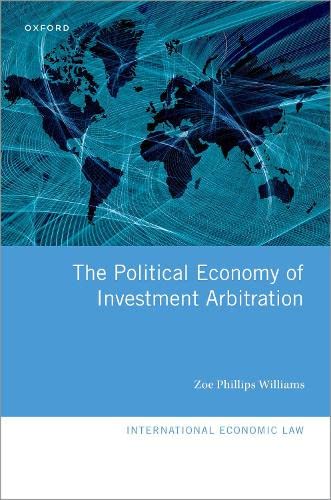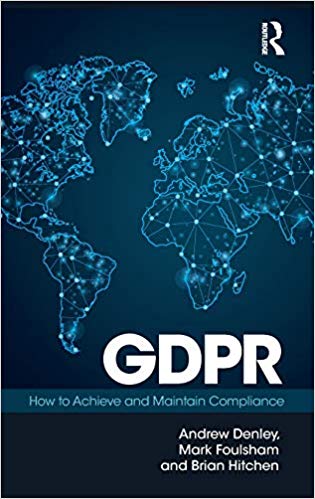The Political Economy of Investment Arbitration asks how political institutions and actors in the host state of an investment contribute to the emergence of investor-state disputes. Combining insights from international relations and political economy, it considers two opposing explanations for investor-state disputes: shifting state preferences toward FDI, or the lack of state capacity to maintain an investment-friendly environment.
This book’s overarching conclusion is that democratic institutions in host states contribute to the emergence of investor-state disputes. Williams argues that at the heart of many investor-state disputes are highly politicized distributional conflicts involving a range of domestic interest groups. Indeed, it is often pressure from these groups, whether through voting, protests or lobbying, which motivates states to take the policy decisions that are subsequently subject to investors’ legal challenges. Thus, this monograph demonstrates that in the face of the potentially high costs posed by investment arbitration, governments continue to take measures which may harm investors in order to pursue specific policy goals. More importantly, these disputes are not only the result of corruption or weak rule of law, but of measures which are taken at the behest of broader interest groups and relate to clear public policy concerns. This has important implications of our normative assessment of the regime and is highly relevant to current debates in both international law and international political economy about the relationship between investment treaties and domestic politics.
Table of Contents
1:The Political Economy of Investment Arbitration
2:Patterns in Investor-State Disputes
3:State Capacity and Investor-State Arbitration
4:Domestic Politics and Investor-State Arbitration
5:Pacific Rim Cayman v El Salvador
6:Bilcon of Delaware Ltd. v. Canada
7:AES Summit Generation v Hungary & Electrabel v. Hungary
8:Conclusion




